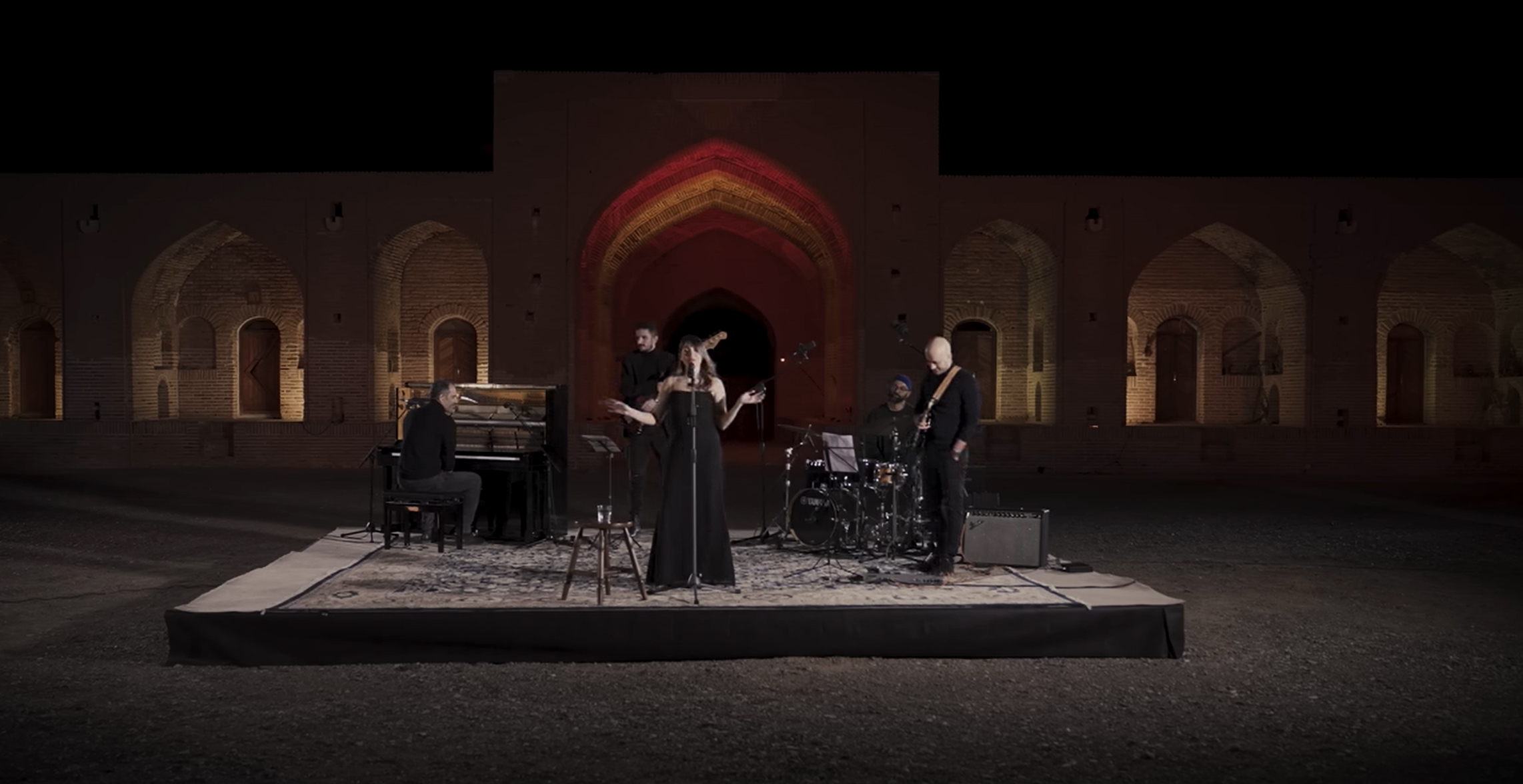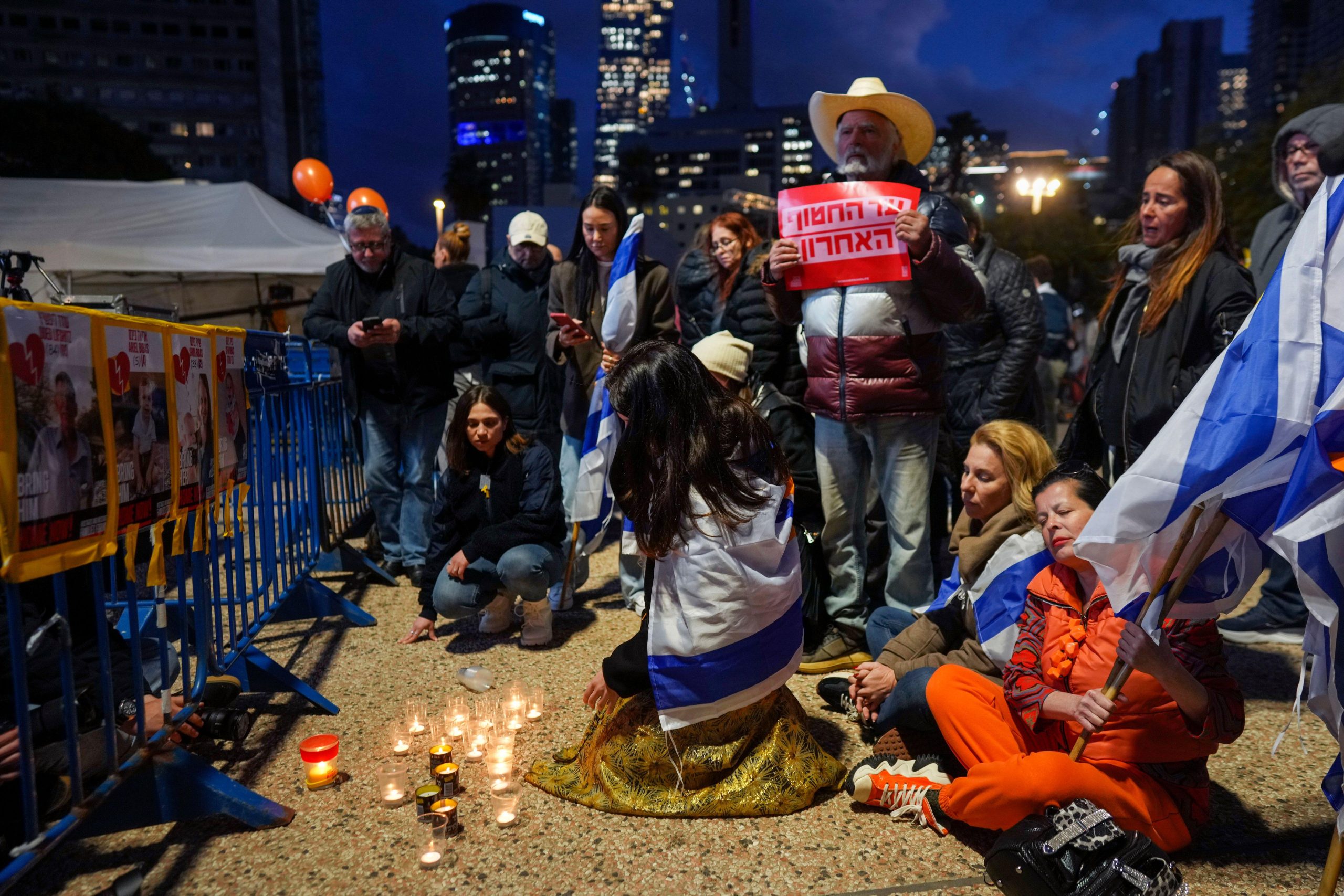Military rulers in Egypt have frozen licenses for new private satellite TV stations, claiming they are inciting violence in an “increasingly chaotic media scene.” Activists are claiming that these restrictions on freedom of expression are similar to those put in place under President Hosni Mubarak. Mubarak’s previous governments had imprisoned journalists for their coverage of his health and other sensitive issues. During the protests that led to Mubarak’s downfall, authorities banned Al-Jazeera TV and revoked the press credentials of its journalists. Communication Minister Osama Heikal said the freeze was temporary.
NEWS
Egypt: Authorities freeze new satellite TV station licenses
Military rulers in Egypt have frozen licenses for new private satellite TV stations, claiming they are inciting violence in an “increasingly chaotic media scene.” Activists are claiming that these restrictions on freedom of expression are similar to those put in place under President Hosni Mubarak. Mubarak’s previous governments had imprisoned journalists for their coverage of his […]
09 Sep 11
READ MORE
-

UN working group on arbitrary detention declares that Iranian rapper Toomaj Salehi’s detention violated international law
A joint statement by the International Counsel Team at Doughty Street Chambers, Index on Censorship and Human Rights Foundation
-

Iran’s silenced musicians
As the list of those persecuted in the country grows, it is obvious that Iran’s leadership is systemically opposed to musical free expression
-

The existential threat to international aid and consular assistance
With the UK modelling the USA's approach to aid cuts, independent journalism and political prisoners could be in a perilous position
-

Index pays tribute to Israeli journalist and human rights activist Oded Lifshitz
Lifshitz, who was killed after he was taken hostage during the 7 October massacre, was an ardent campaigner for Palestinian rights
